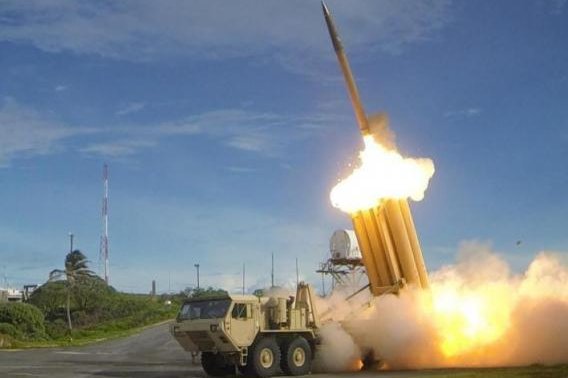
It’s Time To Be Afraid. Trump Discredits Article 5
In many respects, it would be beneficial to Russia if Trump won the election. Such a president would shake the reputation of the U.S. and evidently weaken it; his governance might even lead to the dismantling of NATO.
Nonetheless, America would remain a nuclear world power. An unpredictable person in the White House would cause a more uncomfortable situation for the Kremlin than a president unambiguously unfriendly to Russia, for someone unambiguously unfriendly is easier to predict. That was basically the case throughout all of the Cold War.
And what can be expected of Trump? His opinion of American diplomats is that they are shoving the country into the mud, and he implied he won't be following their advice. At one point he said he'd like to talk with Putin, on another occasion he expressed his opinion that North Korea should be threatened with nuclear force.
Trump as a president might give way to Russia and China, but he might also push for confrontation or even for war. A lunatic with nuclear warheads at his fingertips, confident he's capable of solving every international issue, would be a nightmare.
For Europe, such a scenario would be a catastrophe; peace on the European continent after World War II was maintained thanks to the U.S.’s constant engagement and the presence of American soldiers. Article 5 of the North Atlantic Treaty guarantees that in case of an attack on any signatory country, the entire alliance will come to that country’s defense. The treaty was, and is, so explicit that the USSR, despite provoking the West and causing a ruckus on the other side of the Iron Curtain, never dared to put NATO to the test, to check for itself if Article 5 actually works.
Now Trump is publicly discrediting the guarantees of Article 5. He states that the "great again" America, as his election slogan reads, will only aid a member of NATO when it's profitable. This is frightening, especially for the Baltic countries. Even though, at the Warsaw Summit, NATO decided to place international forces in those countries, Trump implies that as president, he won't provide aid to them in the event of a Russian offensive. The cities of Narva in Estonia or Daugavpils in Latvia are not important enough for Americans to die for them.
Without the involvement of the Americans, there can be no NATO. After the fall of the Iron Curtain, Germany and France were making plans for a European army to preclude the need for the U.S military in Europe, plans that to this day remain only on paper. This is not only because the military power of the European Union is too scanty, but also because of the fact that, after all, it’s the Americans who possess the long-distance transport aircraft, satellites and war fleet.
Trump's words could be just another empty promise made in the throes of a campaign to American isolationists. Nevertheless, just the fact a U.S. presidential candidate is knowingly discrediting Article 5 and calling it a relic has to raise big fears, in Poland also, for apparently this is what a fair part of American voters think. And even if Trump loses, these voters will remain.


